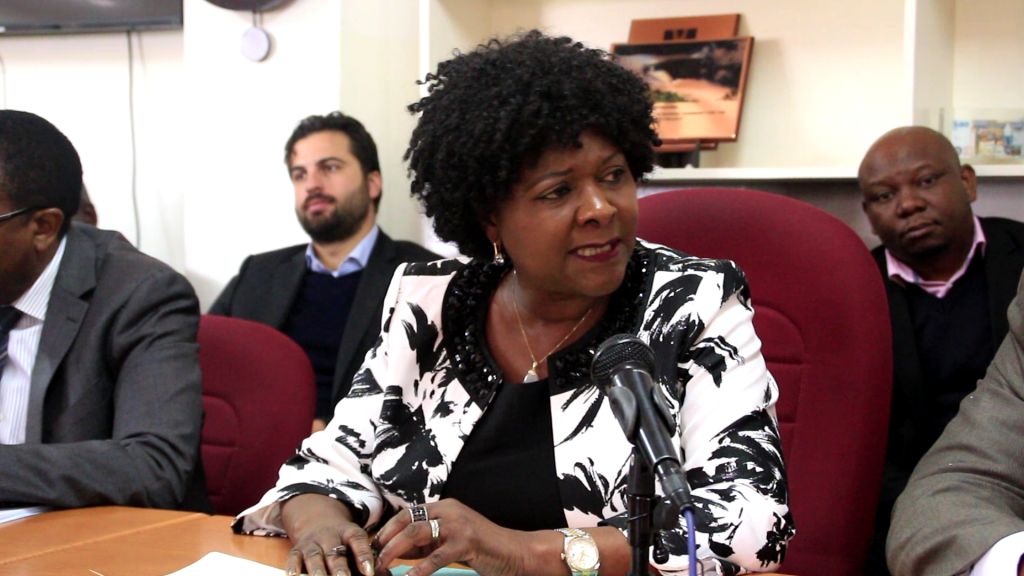According to a treasury report issued by the Ministry of Finance on 11 March, Zambia’s fiscal deficit for 2018 remained elevated at 7.6%, an infinitesimal decrease from 7.9% (December 2017).
Overall budget execution was generally within the programmed level despite the fiscal challenges experienced during the year, the note carried. At K53.4 billion, revenues and grants were above target by 3.7% whose key drivers were continued positive performance of some domestic tax revenue categories such as value added tax.
Compared to 2017, domestic revenues rose by 7.6% and reached K52.8 billion. This was mainly driven by increased tax compliance which facilitated enhanced VAT collections.
Similarly, non-tax revenues were above target by 4.3% mainly driven by positive performance of the mineral royalty and road toll collections which increased by 11.6% and 90.8%, respectively.
The downside to the good performance of domestic revenue collections was the decline in export duty, and, customs and excise duty revenues. The outturn was on account of exemptions that apply on most of the importations coming from free trade zones. Grant finance declined by 73.9%.
Total expenditure stood at K75.4 billion representing 10.1% higher than programmed. Suffice to say, over-performance was recorded in interest payments on debt and on foreign financed projects, especially those related to infrastructure development.
Interest payment on total debt was K13.6 billion of which K 6.2 billion was on external debt. The high interest payment on external debt is partly explained by the depreciation of the Kwacha against the United State Dollars. This notwithstanding, other expenditure lines were constrained in line with Government’s objective to minimize expenditure on minimal priority programmes and projects.

